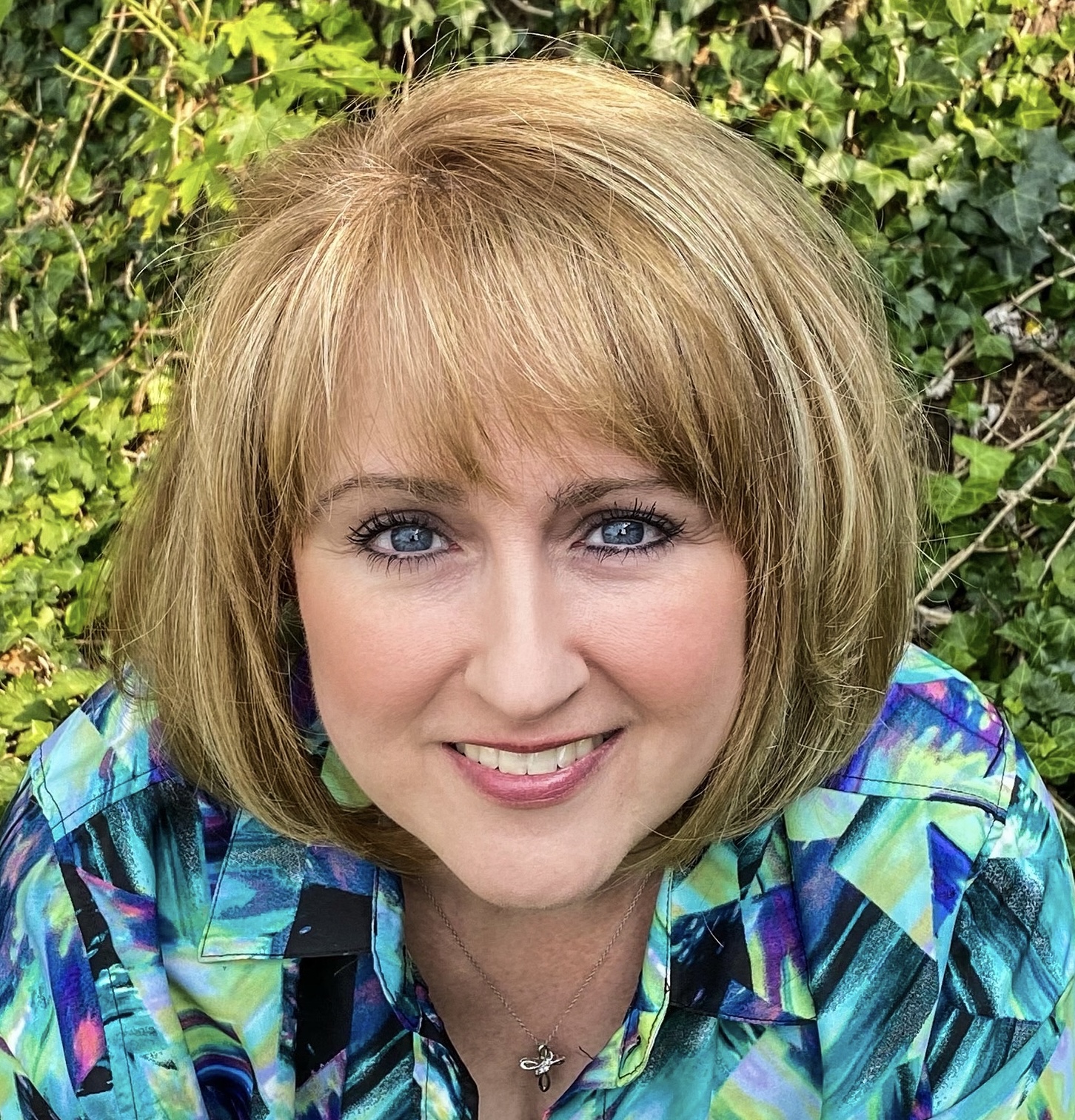Understanding Boundaries: Self-Respect, Not Control
- Dr. Teresa Edwards, LMFT

- Jul 21, 2025
- 3 min read
Updated: Aug 7, 2025
Boundaries can be a tricky subject. Some people think they’re selfish, while others misuse them to be selfish. Neither of these perspectives gets it right. The real purpose of boundaries isn’t about controlling someone else—it’s about controlling yourself.
The Misconception of Boundaries
A client once told me, “I set boundaries with my husband. I told him he wasn’t allowed to speak to me that way anymore. But nothing changed. So now what do I do?”
I gently told her, “You didn't actually set a boundary.”
She frowned. “What do you mean?”
“A boundary isn’t about controlling someone else’s behavior, because you can't,” I explained. “It’s about deciding what you will do if that behavior continues.”
Understanding Boundaries
Boundaries aren’t about controlling others—they’re about the choices we make for ourselves. When we frame boundaries as rules we impose on others, we set ourselves up for frustration because we can’t control another person's behavior. However, when we view boundaries as commitments to ourselves, we reclaim our personal power. This means that boundaries are personal decisions we make to protect ourselves, not rules we set to control others.
For example, my client couldn’t dictate how her husband spoke to her, but she could choose how she responded. Instead of demanding, “You can’t talk to me like that,” which relies on his compliance, she should set an enforceable boundary: “If you talk to me that way, I will leave the conversation.” This shift makes a crucial difference. She’s not waiting for him to change; she’s making a proactive decision about her own actions.
The key to strong boundaries is being able to stick to them ourselves. Instead of relying on others to follow our boundaries, we should focus on what we can control—our own actions and reactions. This means deciding how we’ll protect our peace, what behavior we’ll accept, and when we’ll walk away from harmful situations. By doing this, we free ourselves from the stress of trying to change other people.

At the end of the day, healthy boundaries give us power. They help us express what we need, keep our self-respect intact, and make relationships clearer. When we stop trying to control others and start focusing on honoring ourselves, we open the door to better connections and a stronger sense of self-worth.
The Fence Analogy
Think of it this way: when you put a fence around your yard, you’re not building it to dictate how your neighbor should treat his yard. You’re setting limits on your own property—deciding what you let in and what you keep out, and making it clear what’s your responsibility and what’s not. Boundaries in relationships work the same way. If someone crosses a line that matters to you, you get to decide how you respond to that. That’s self-control in action.
Boundaries Strengthen Love
Boundaries aren’t about creating distance—they’re about building a stronger, healthier connection. When you take responsibility for your own choices, feelings, and actions, you actually open up space for real closeness. It’s not about controlling the other person; it’s about choosing to love thoughtfully, without losing yourself along the way.
Your Mental Health Prescription
Take a moment to rethink your understanding of boundaries and makes adjustments if needed. Start by identifying one area in your life where you’ve been trying to control someone else’s behavior instead of setting a true boundary. Then, shift your perspective.
What are your boundaries? What’s your line between what’s okay and what’s not? If that line gets crossed, what will you do? Will you walk away, limit your involvement, or clearly communicate your needs? Boundaries aren’t just ideas—they’re choices about how you react, and you have to enforce them. Start small, follow through, and notice how your relationships change when you put yourself first.




